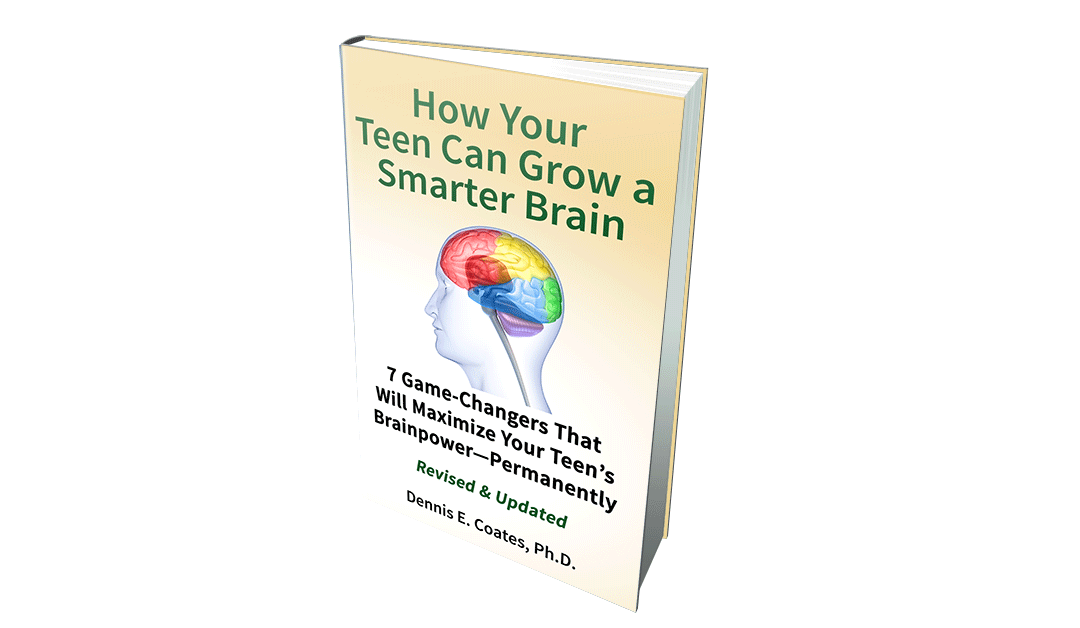I recently had a conversation with a local physician. Happily, we didn’t talk about my health.
Instead, he spoke enthusiastically about his three children, two boys and a girl, all of whom have left home. He told me something unbelievable about them: all three achieved a maximum score on their SAT and earned a National Merit Scholarship. The boys have gone on to successful professional careers, and his daughter, the youngest, recently graduated from an Ivy League school with a quadruple major.
He told me that while he and his wife encouraged learning and education, they never talked about getting a college degree. Instead, they only talked about attending graduate school. The family had a tradition of eating dinner together, a time for discussing serious issues. He told me that as they got older his kids often successfully challenged his opinions.
This is an amazing story, because it represents some kind of best-case scenario. It’s also a story about luck. These kids’ parents, without being aware of the latest research about adolescent brain development, did the No. 1 thing any parent can do to develop a massive foundation for critical thinking skills in their children’s growing prefrontal cortex: they encouraged them to think.
This story illustrates how brilliant young adults have been nurtured throughout human history: the parents and kids happened to do the right things to develop their young minds without knowing how adolescent brain development works.
My story is quite a bit different. I ended up with a PhD from Duke University and led a company that has published online adult learning systems for over 30 years. But, as they say, you don’t get to choose your parents. Mine were loving and devoted to their eight children, but neither of them encouraged me to think. Dad had one year of college before enlisting in the Army, and mom dropped out of high school when she was 16. Also, with the challenge of supporting all those kids, I got very little attention.
I got lucky in other ways. I tell this story in my book, How Your Teen Can Grow a Smarter Brain. My brothers and sisters weren’t so lucky. One sister graduated from college and became a music teacher, but two brothers dropped out of high school. Another brother followed a sordid path that ended with his murder in Miami.
I’ve reflected at length about why I turned out the way I did, thoughts that ultimately motivated me to study adolescent brain development.
 What motivated me to write the book was my desire to take luck out of the equation. Because most kids don’t get lucky.
What motivated me to write the book was my desire to take luck out of the equation. Because most kids don’t get lucky.
If parents and their teens could understand what needs to happen to grow a smarter brain, then a child could decide to do the work, and do it consciously and proactively.
The book is based on the latest brain research, but I wrote it in a non-technical, non-academic style, so that any teenager could grasp the insights. If you have an adolescent child, I encourage you to read the book and share it with your child. It could be life-changer. And if you feel, as I do, that the book has the potential to do a lot of good for a lot of kids, I hope you tell others about it.

